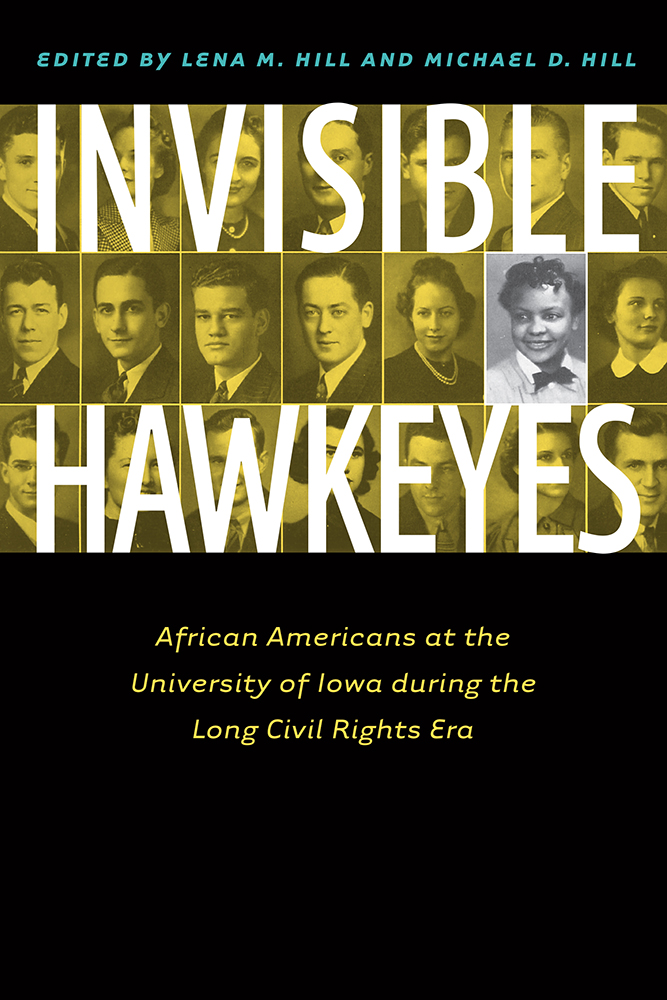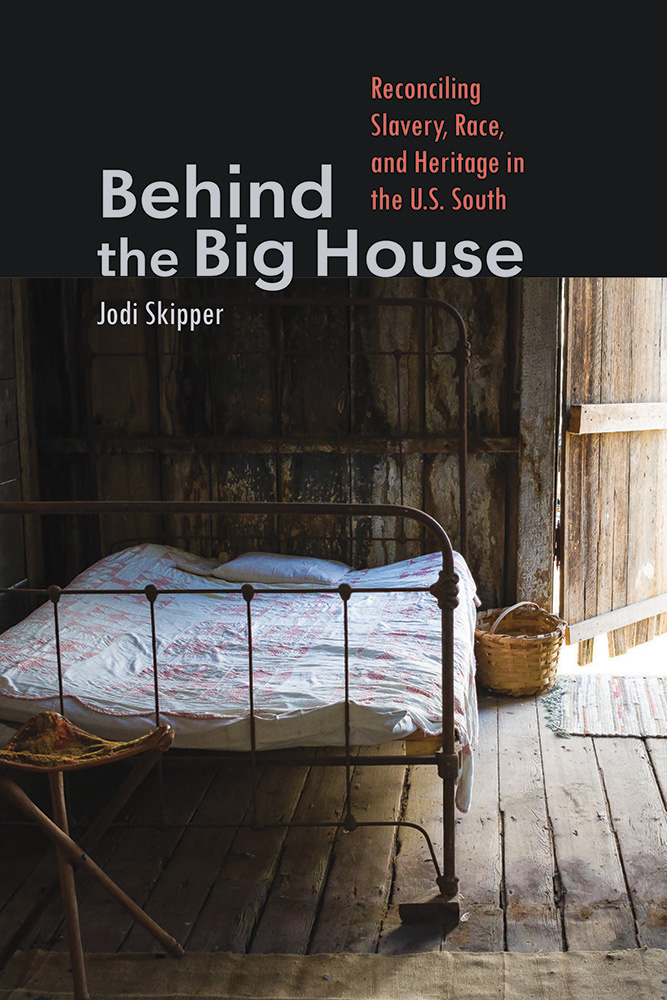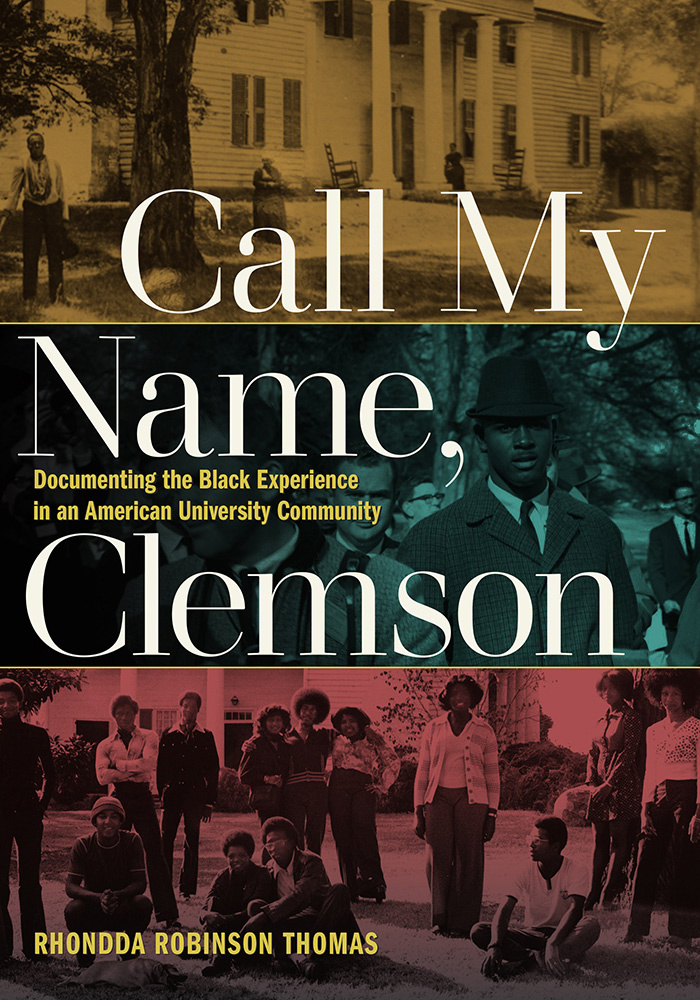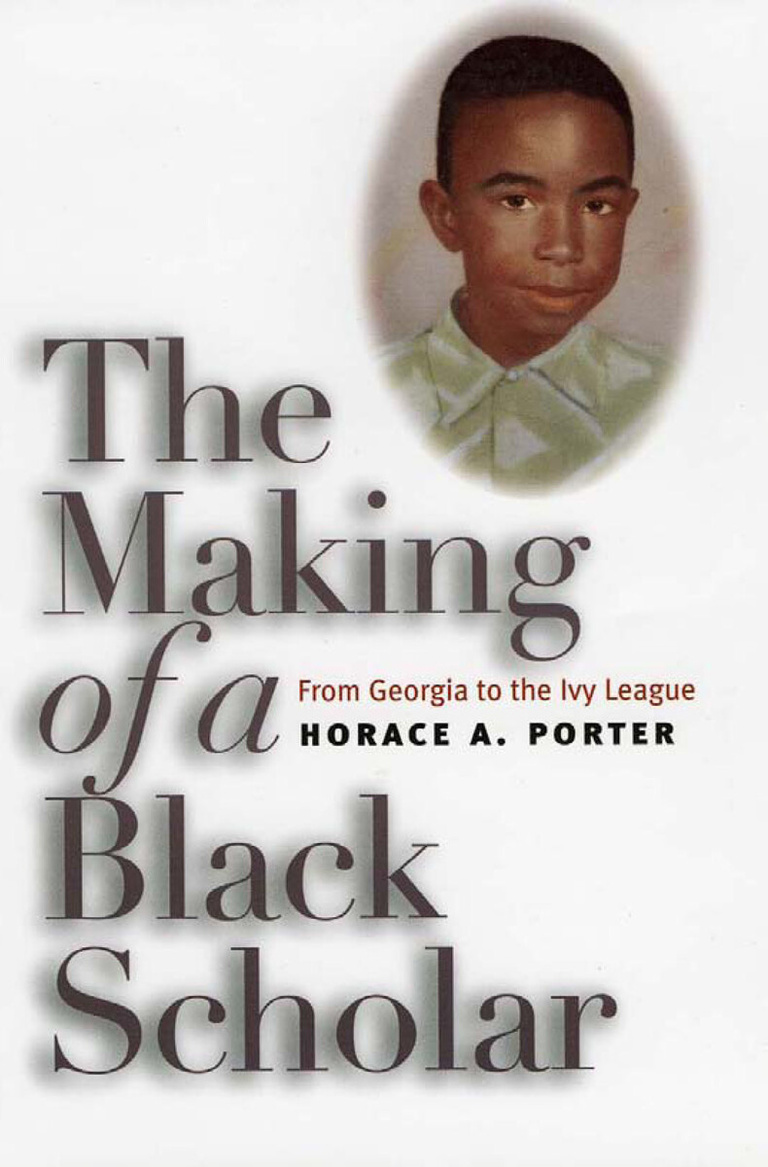Benjamin F. Shambaugh Award honorable mention
Between the 1930s and 1960s, the University of Iowa sought to assert its modernity, cosmopolitanism, and progressivism through an increased emphasis on the fine and performing arts and athletics. This enhancement coincided with a period when an increasing number of African American students arrived at the university, from both within and outside the state, seeking to take advantage of its relatively liberal racial relations and rising artistic prestige. The presence of accomplished African American students performing in musical concerts, participating in visual art exhibitions, acting on stage, publishing literature, and competing on sports fields forced white students, instructors, and administrators to confront their undeniable intellect and talent. Unlike the work completed in traditional academic units, these students’ contributions to the university community were highly visible and burst beyond the walls of their individual units and primary spheres of experience to reach a much larger audience on campus and in the city and nation beyond the university’s boundaries.
By examining the quieter collisions between Iowa’s polite midwestern progressivism and African American students’ determined ambition, Invisible Hawkeyes focuses attention on both local stories and their national implications. By looking at the University of Iowa and a smaller midwestern college town like Iowa City, this collection reveals how fraught moments of interracial collaboration, meritocratic advancement, and institutional insensitivity deepen our understanding of America’s painful conversion into a diverse republic committed to racial equality.
People discussed in this collection include Edison Holmes Anderson, George Overall Caldwell, Elizabeth Catlett, Fanny Ellison, Oscar Anderson Fuller, Michael Harper, James Alan McPherson, Herbert Franklin Mells, Herbert Nipson, Thomas Pawley, William Oscar Smith, Mitchell Southall, and Margaret Walker.
“Lucidly written and intelligently conceived, Invisible Hawkeyes is a timely and important volume that introduces readers to the position held by the University of Iowa, a large, northern land grant university, in the drama of American racial transformation during the middle of the twentieth century. This vital and important work, recovering the lives of early black students at the university, makes even larger claims about the prominence of the Midwest in national conversations about race and African American art and artistic styles.”—Lawrence Jackson, author, The Indignant Generation: A Narrative History of African American Writers and Critics, 1934–1960
“A provocative balance of both local and national cultural history, Invisible Hawkeyes tells the stories of the University of Iowa’s integration in the period of 1930–1960. The blend of first-person testimonial and more formal, scholarly chapters produces a highly engaging, stirring, and informative book that reveals both the glories and the failures of the integration movement in American universities at midcentury.”—Marc Conner, author, The New Territory: Ralph Ellison and the Twenty-First Century
2016 Shambaugh Certificate of Merit Recipient



